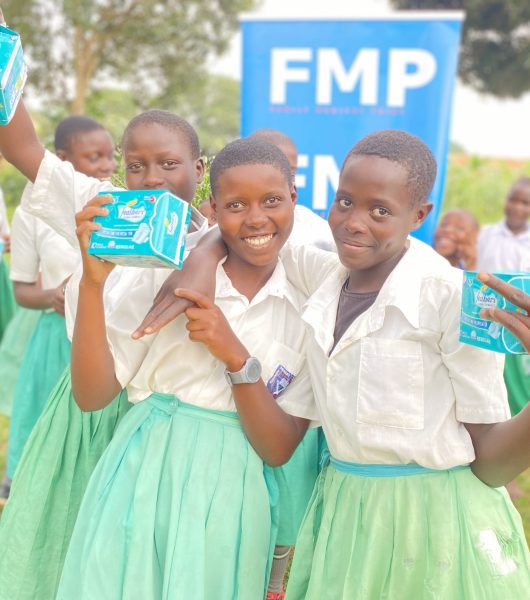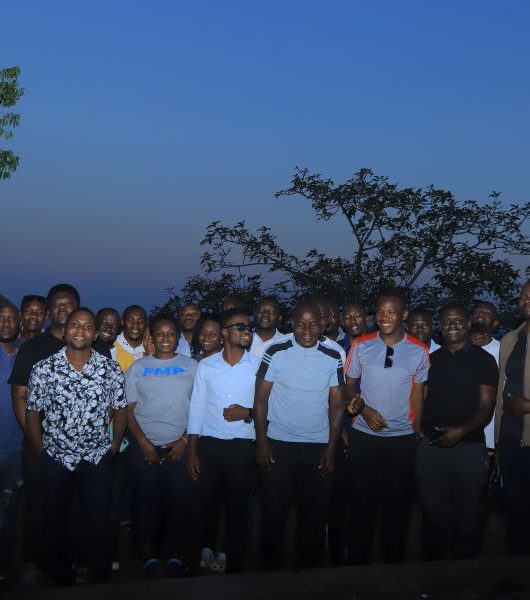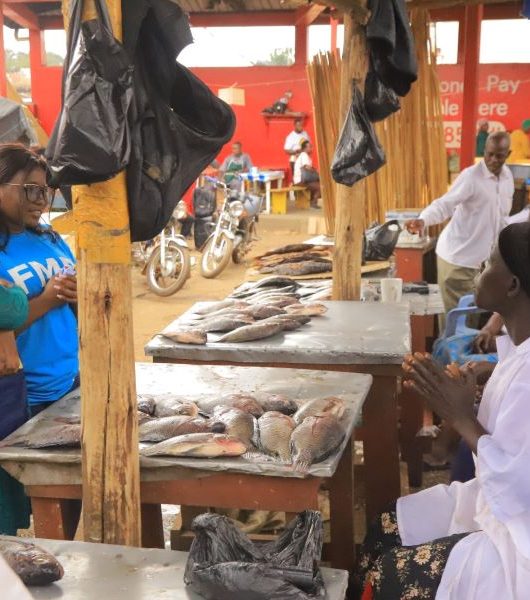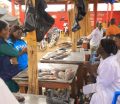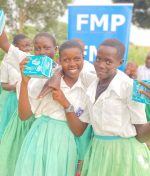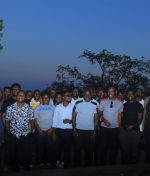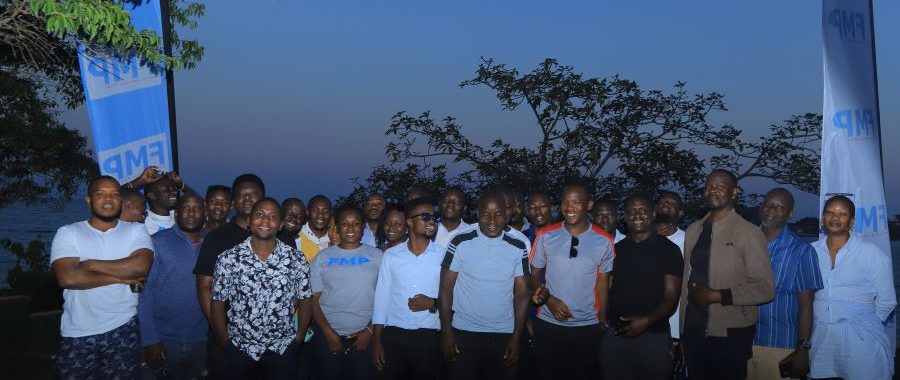
On a sunny Saturday afternoon at Entebbe Botanical Gardens, 18 journalists from Ugandan media houses gathered under the shade of tall trees along the sparkling lakeshore, where the gentle sound of Lake Victoria framed every conversation. This was not a conference with panels, it was a Media Café, FMP’s model for informal, interactive engagement with journalists.
The Media Café created a relaxed, energizing space as journalists explored the challenges of reporting on Sexual and Reproductive Health and Rights (SRHR), shared experiences, and gained insights from fellow journalists and the FMP team. Accurate, sensitive reporting is crucial: these stories inform communities about their rights, reduce stigma, and influence policymakers to address gaps in services and protection for marginalized groups.
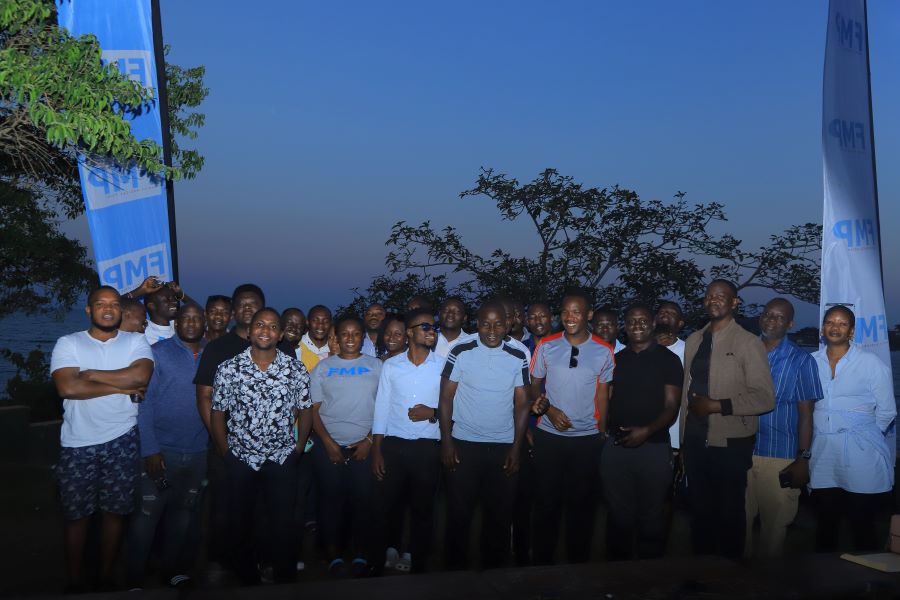
Fishing communities, where FMP works extensively, face significant barriers to SRHR services. Women, young people, and particularly sex workers often encounter stigma, discrimination, and limited access to care. Yet, media coverage remains limited and sometimes misinformed. Inaccurate or biased reporting can reinforce stigma, mislead the public, and overlook the structural barriers these communities face.
“Most journalists find it hard to cover stories about the people who matter most vulnerable women and girls because of stigma and access challenges. But it is possible. With support from Family Medical Point, I’ve covered stories on the plights of sex workers in fishing communities. These communities need us to tell their stories, and when we do, policymakers can make structural changes and improve access to SRHR services,” said Kamana Ivan of Nation Media.

“ We engage with the media because journalists play a critical role in shaping public understanding, influencing policy, and guiding public discourse. When they are equipped with accurate information and a deeper understanding of marginalized communities, their reporting can drive meaningful change, raise awareness of structural barriers, and help bridge gaps between underserved populations and policy discussions,” said Odongo Moses, Executive Director of FMP.
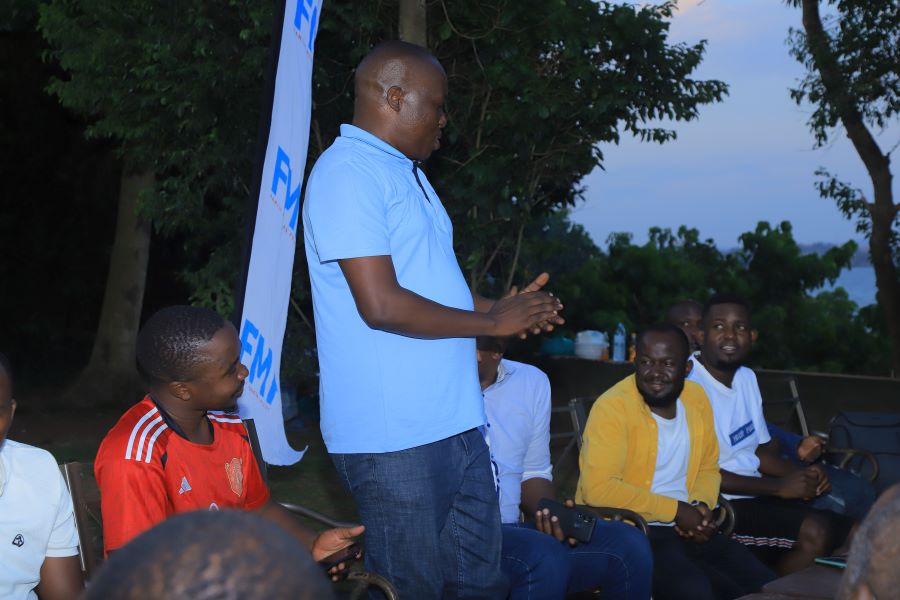
The afternoon combined icebreaker games with candid conversations, Journalists explored newsroom pressures, ethical dilemmas, and the challenges of covering sensitive SRHR topics without reinforcing stigma. By fostering direct engagement, reflection, and collaboration, the Media Café equips journalists to produce stories that are factual, sensitive, inclusive, and impactful ensuring marginalized voices are heard, understood, and represented in both public discourse and policy decisions.
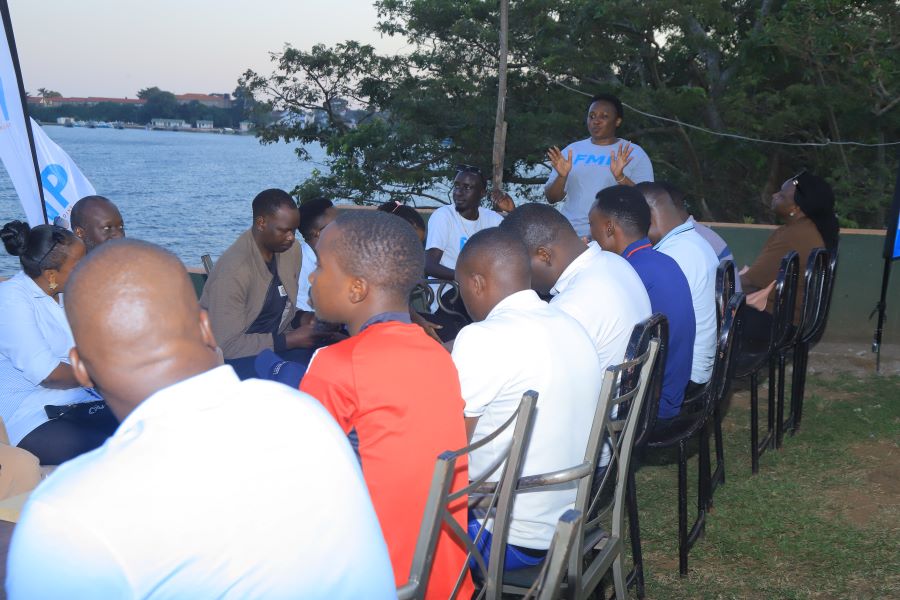
SRHR reporting is still poor in Uganda. Few media stories focus on marginalized groups and communities that face stigma, discrimination, and limited access to services. When stories are published, some are inaccurate, biased, or sensationalized, which misinforms the public, reinforces stigma, or even blames victims instead of addressing systemic barriers to health services. By building journalists’ capacity through initiatives like the Media Café, FMP ensures that reporting doesn’t just inform, it translates into meaningful change in communities and policy environments.

